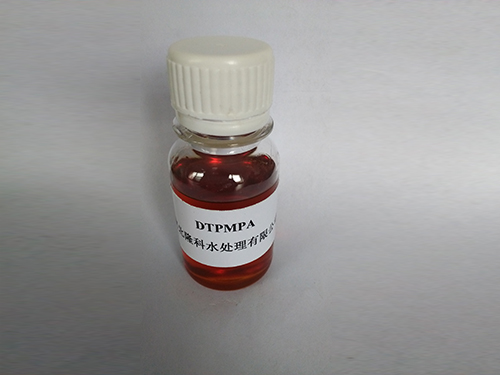Effective Strategies for Scale Reduction Using Advanced Inhibitors in Industrial Applications
Understanding Scale Inhibitors A Vital Component in Water Treatment
In various industrial processes and water treatment applications, the presence of scale can pose significant challenges. Scale, primarily composed of mineral deposits like calcium carbonate, calcium sulfate, and magnesium silicate, can accumulate in pipes, heat exchangers, and other equipment, leading to reduced efficiency and potential equipment failure. To combat this, scale inhibitors play a crucial role in maintaining operational efficiency and prolonging the lifespan of industrial equipment.
What are Scale Inhibitors?
Scale inhibitors are chemical additives designed to prevent or reduce scale formation in water systems. They work by interfering with the crystallization process of minerals, inhibiting their ability to form solid deposits. These compounds can be classified into several categories, including phosphonates, polyacrylic acids, and certain organic polymers. Each type of inhibitor operates through different mechanisms but ultimately serves the same purpose to keep water systems free from scale.
Mechanisms of Action
Scale inhibitors can function through various mechanisms
1. Threshold Effect Certain inhibitors prevent scale formation by allowing the soluble mineral concentration to rise above saturation without precipitation. This is particularly important in environments where water is subjected to heat, as increased temperatures can lead to scale precipitation.
2. Crystal Modification Some inhibitors alter the morphology of crystals as they begin to form, transforming them into non-adherent or less adherent forms. This modification prevents the accumulation of scale on surfaces.
3. Dispersion Scale inhibitors can also act as dispersants, keeping existing scale particles suspended in the water. This prevents particles from settling on equipment surfaces, thereby minimizing the impact of existing scale.
scale inhibitor

Importance in Various Industries
The significance of scale inhibitors spans multiple industries, including oil and gas, power generation, and water treatment. In oil and gas production, for instance, scale formation can block pipes and reduce flow rates, significantly impacting production. The use of effective scale inhibitors helps to mitigate these risks and ensure smooth operational flow. In the power generation sector, especially in cooling towers and boilers, scale can significantly reduce thermal efficiency, leading to increased energy costs and potential system failures.
In municipal water treatment, scale inhibitors play a pivotal role in protecting distribution systems from mineral buildup, ensuring that potable water remains safe for consumption and free from contaminants.
Choosing the Right Scale Inhibitor
The selection of an appropriate scale inhibitor is critical and depends on several factors, including the specific minerals present in the water, temperature, pH levels, and the operational conditions of the system. A thorough understanding of the water chemistry and the environment in which the inhibitor will be used is essential for effective scale management.
Environmental considerations are also becoming increasingly important in the selection of scale inhibitors. With greater emphasis on sustainability, industries are exploring eco-friendly alternatives that minimize environmental impact while maintaining performance efficacy.
Conclusion
Scale inhibitors are indispensable in modern industrial processes, serving as proactive measures against the detrimental effects of scale formation. By understanding their mechanisms of action and selecting the appropriate products for specific applications, industries can enhance operational efficiency, reduce downtime, and ensure the longevity of their equipment. As technologies advance and the focus on environmentally sustainable practices grows, the future of scale inhibition will continue to evolve, driving innovations that meet both performance and ecological standards.
-
Water Treatment with Flocculant Water TreatmentNewsJun.12,2025
-
Polymaleic AnhydrideNewsJun.12,2025
-
Polyaspartic AcidNewsJun.12,2025
-
Enhance Industrial Processes with IsothiazolinonesNewsJun.12,2025
-
Enhance Industrial Processes with PBTCA SolutionsNewsJun.12,2025
-
Dodecyldimethylbenzylammonium Chloride SolutionsNewsJun.12,2025





